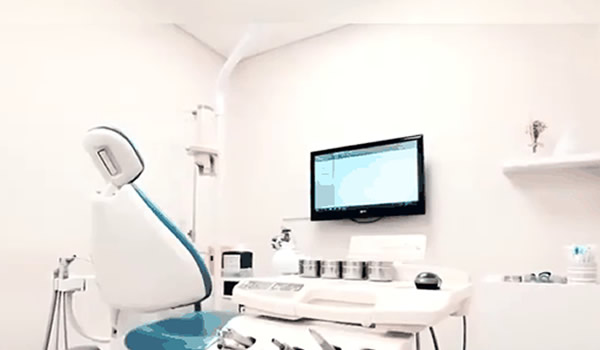Explore how AI-powered diagnostic tools are revolutionizing medical technology across Asia, enhancing early disease detection and streamlining healthcare systems.

AI Powered Diagnostics Transforming Medical Technology in Asia
In recent years, artificial intelligence (AI) has emerged as a powerful force reshaping medical diagnostics across Asia. From Japan to India, healthcare providers are increasingly adopting AI-driven tools to enhance accuracy, reduce diagnostic errors, and streamline clinical workflows.
The Role of AI in Modern Diagnostics
AI-powered diagnostic systems use machine learning algorithms to analyze medical images, lab reports, and patient histories. These systems can detect anomalies in radiographs, identify early signs of diseases like cancer, and even suggest optimal treatment pathways.
Real-World Applications in Asia
- Japan: Hospitals are integrating AI tools for analyzing CT scans and detecting lung abnormalities earlier than traditional methods.
- China: AI algorithms are deployed in rural areas to address the shortage of medical specialists, allowing frontline workers to diagnose with higher confidence.
- Singapore: Smart hospitals now use AI to predict patient deterioration in real-time, enabling proactive interventions.
Benefits for Patients and Providers
- Reduced diagnostic errors
- Faster turnaround for test results
- Early detection of chronic and critical illnesses
- Cost-effective healthcare delivery in underserved regions
Ethical and Regulatory Considerations
As AI tools become more pervasive, ethical questions around data privacy, algorithmic bias, and regulatory compliance gain importance. Countries like South Korea and Singapore are pioneering AI health tech frameworks to address these issues.
Frequently Asked Questions
Q1: What is AI-powered diagnostics?
AI-powered diagnostics refers to using artificial intelligence to interpret medical data and assist in disease detection.
Q2: How does it improve patient outcomes?
It enhances early detection, reduces errors, and helps tailor personalized treatment plans.
Q3: Are AI diagnostics widely adopted in Asia?
Yes, particularly in countries like China, Japan, and Singapore, where healthcare digitization is progressing rapidly.
Q4: What diseases can AI help detect?
Cancer, cardiovascular issues, respiratory diseases, and neurological disorders, among others.
Q5: What are the challenges of AI in healthcare?
Data privacy, lack of regulation, potential bias in algorithms, and initial implementation costs.
User Comments
Anna L., Tokyo:
“This technology gave my father a faster diagnosis and treatment plan — a real game changer!”
Ravi M., Bangalore:
“Amazing how AI helps even in rural clinics where doctors are few.”
Li Wei, Guangzhou:
“I hope the government supports more of this innovation. It’s the future.”
Siti N., Jakarta:
“Smart hospitals in Singapore are years ahead. We need to catch up!”
James C., Seoul:
“Data privacy should not be overlooked while embracing these tools.”
Editor's Note
The synergy between AI and healthcare is not just a trend—it’s a transformation. As more governments and institutions in Asia invest in smart diagnostics, the region is well-positioned to become a global leader in medtech innovation.
Tags:
AI diagnostics, medical technology, healthcare innovation, predictive analytics, machine learning in healthcare, smart hospitals, Asia medtech, digital health tools, health AI regulation, early disease detection